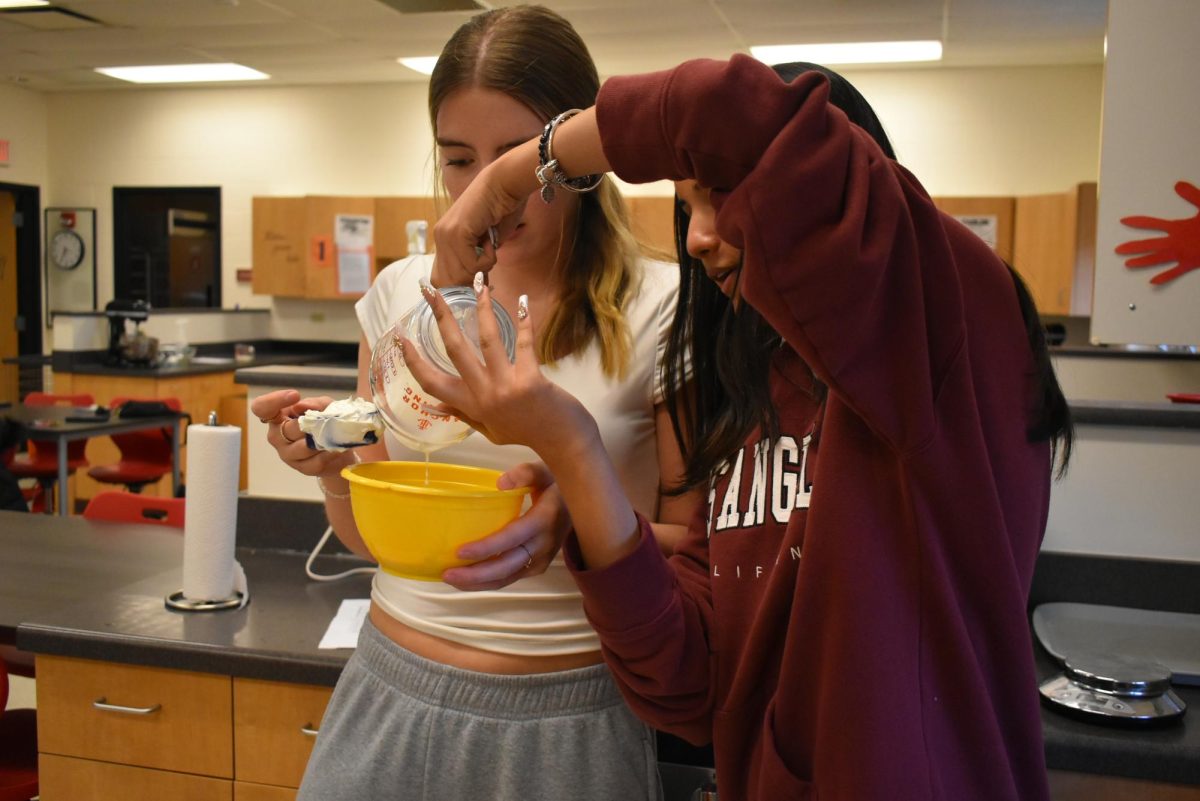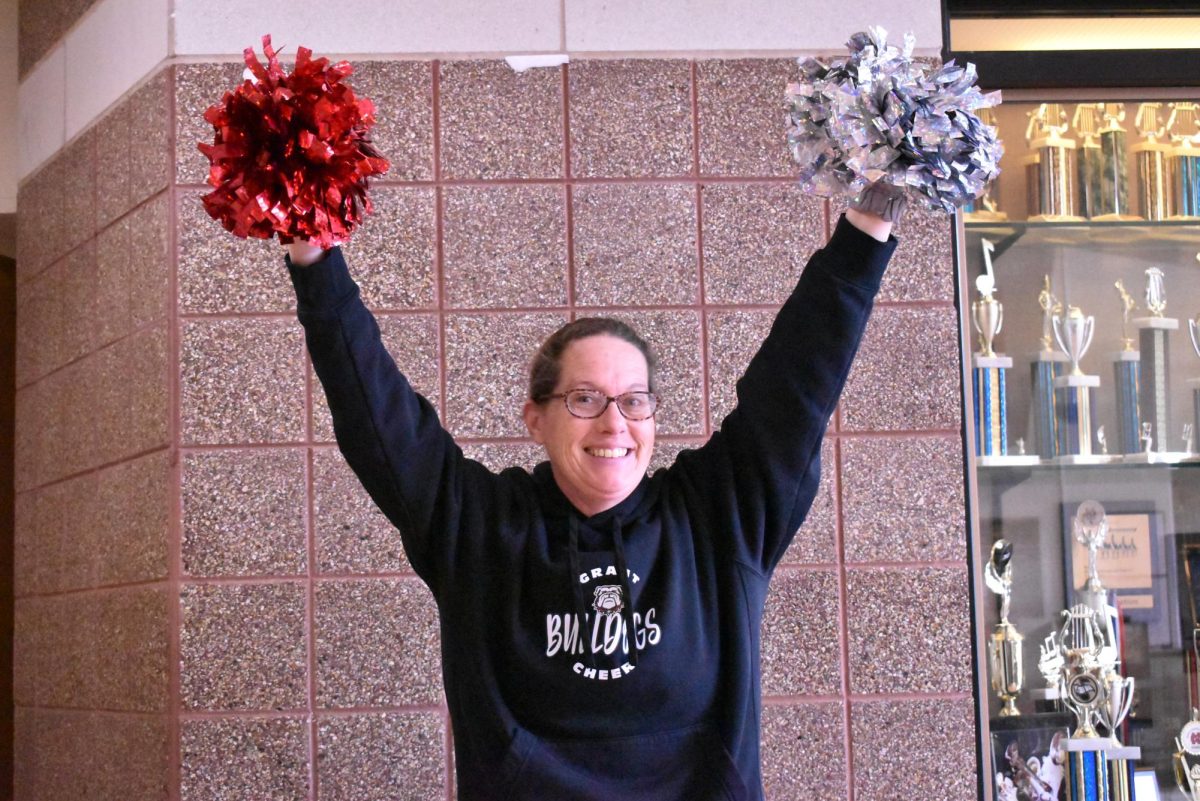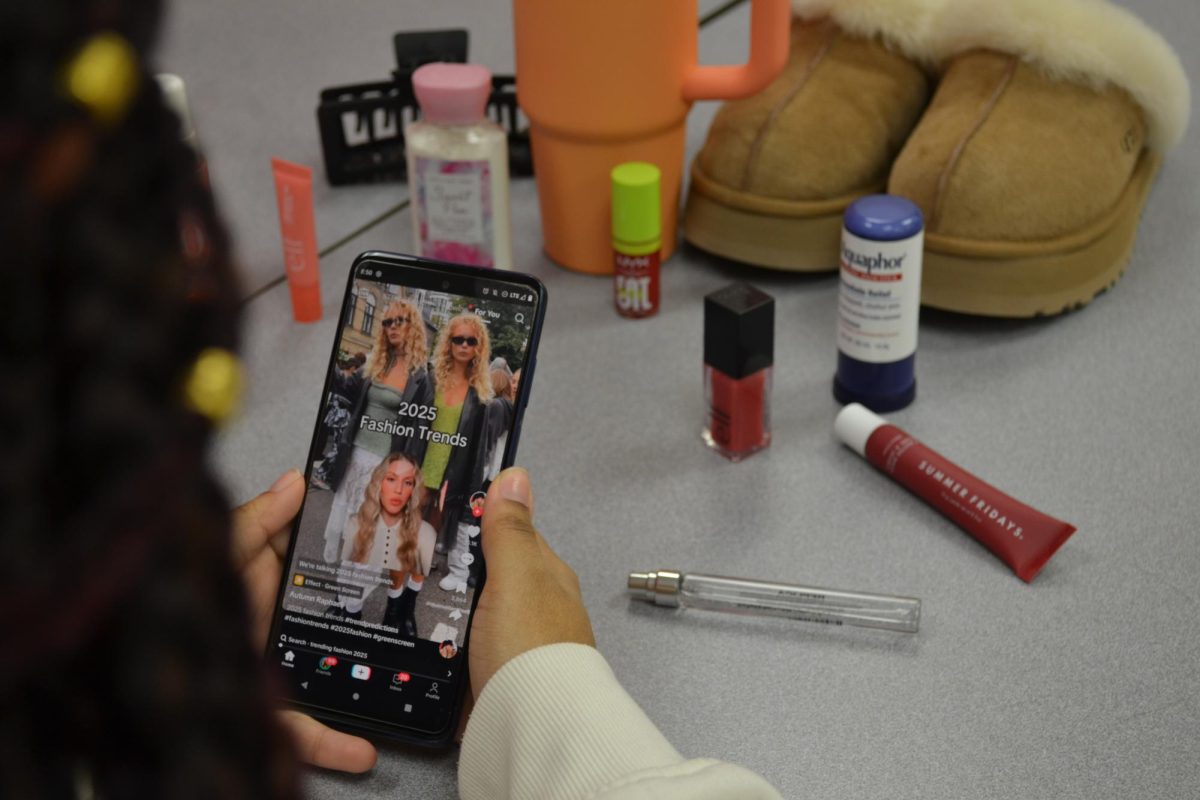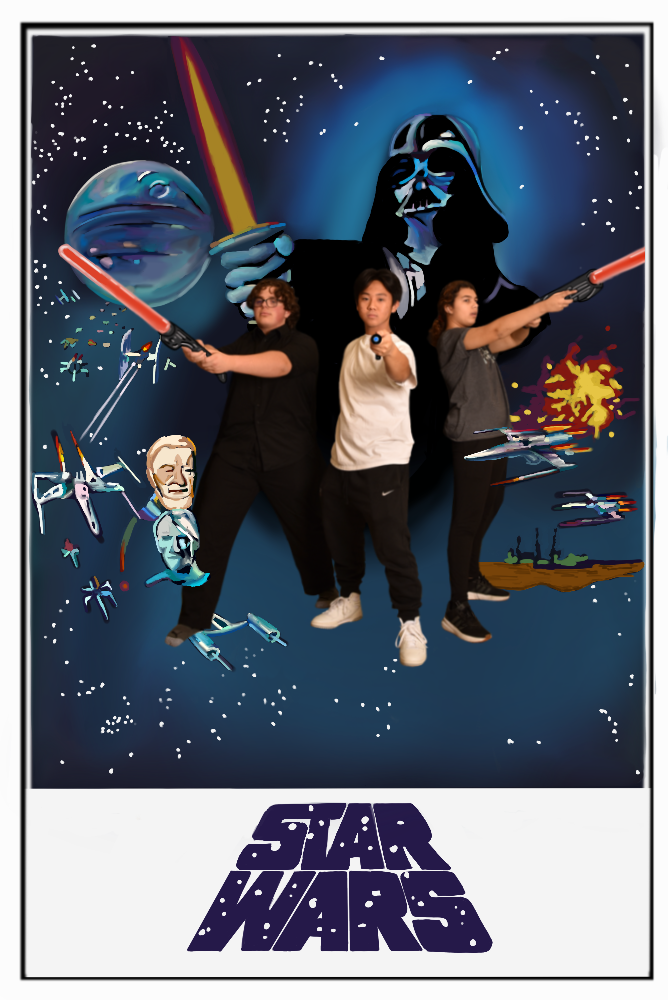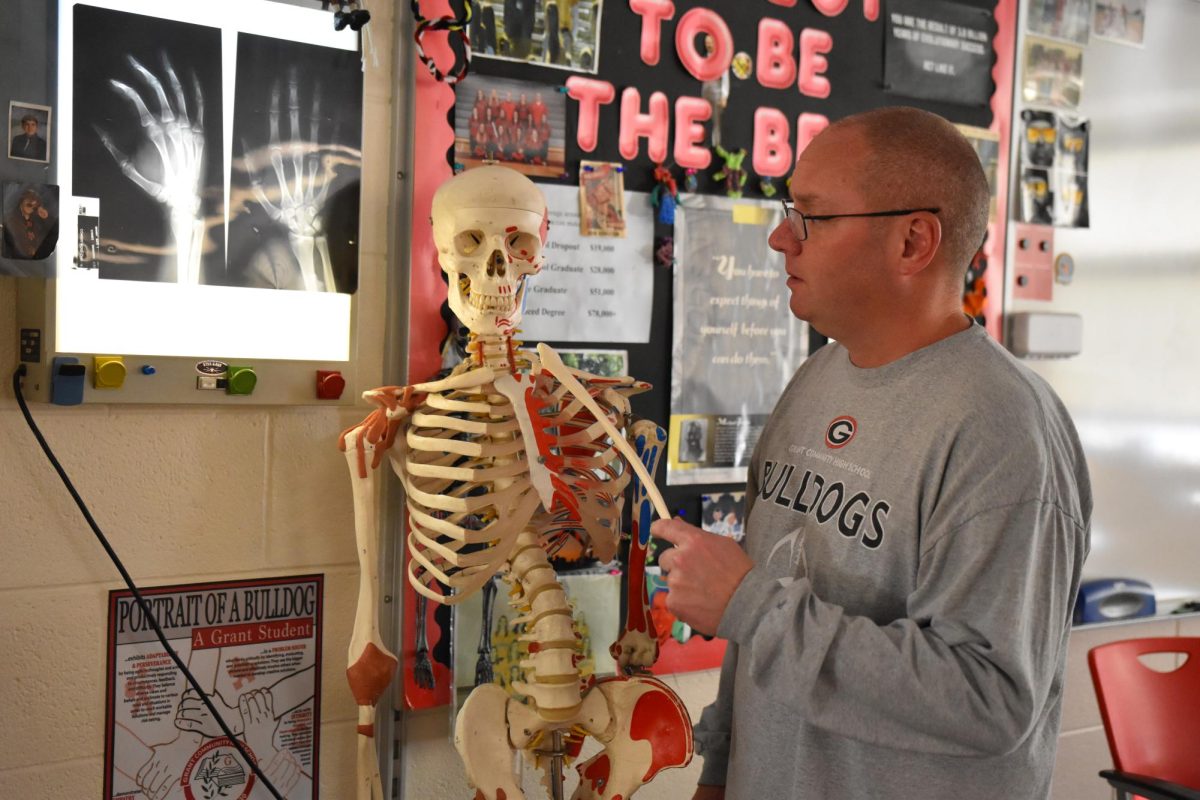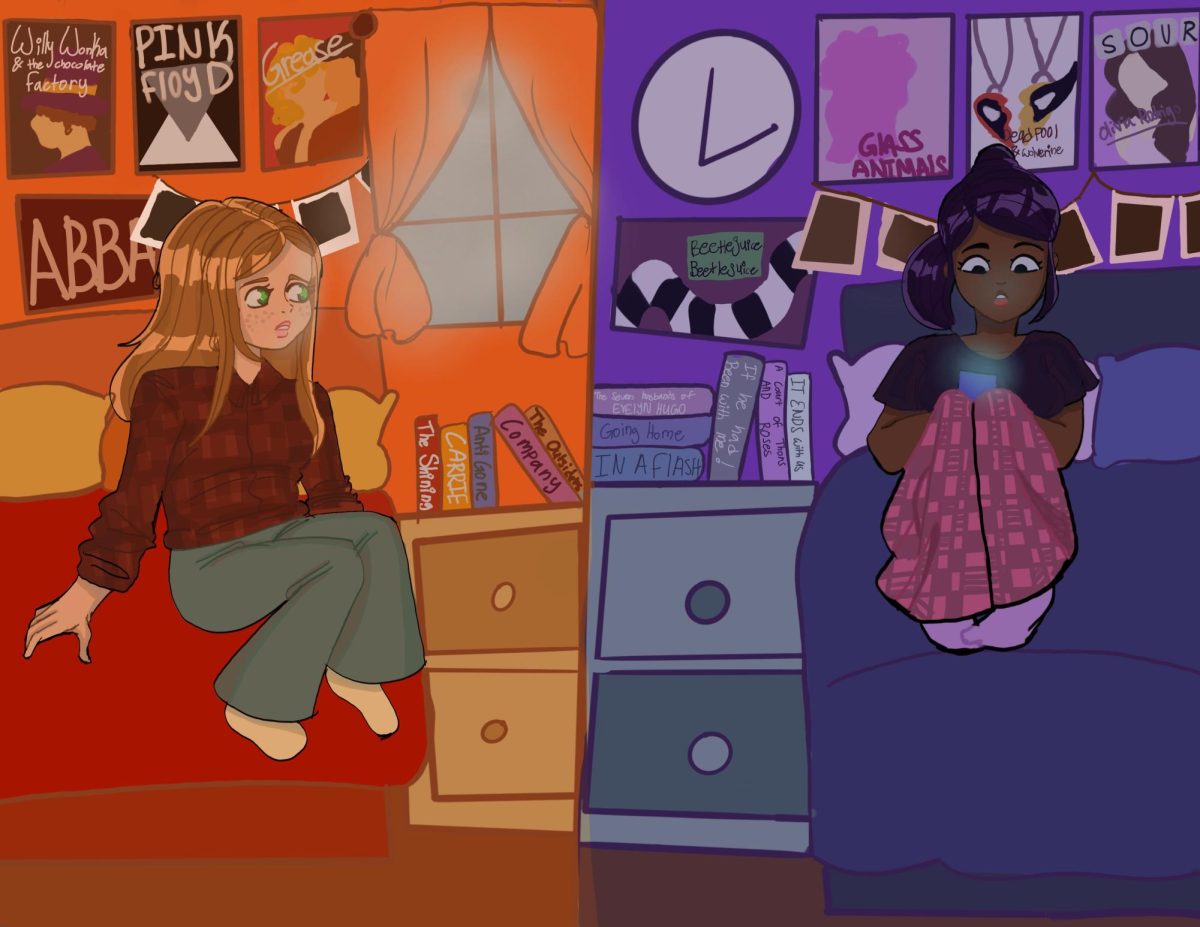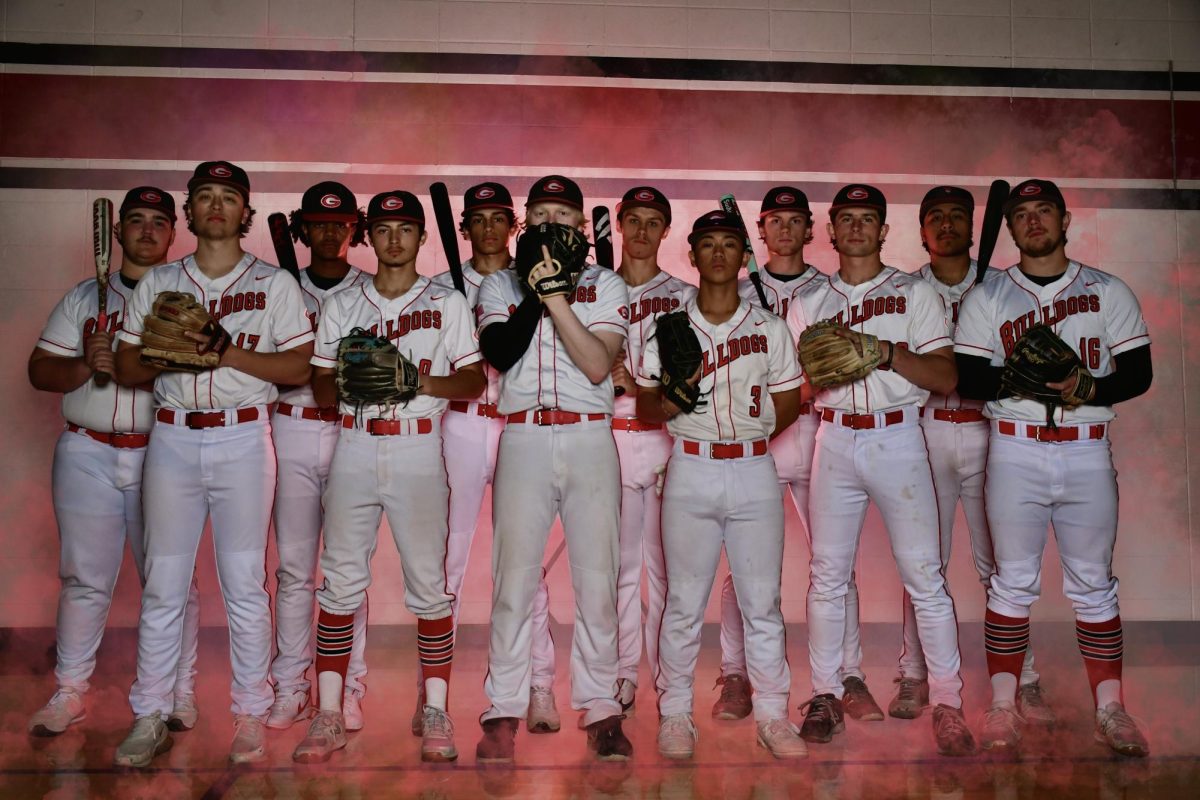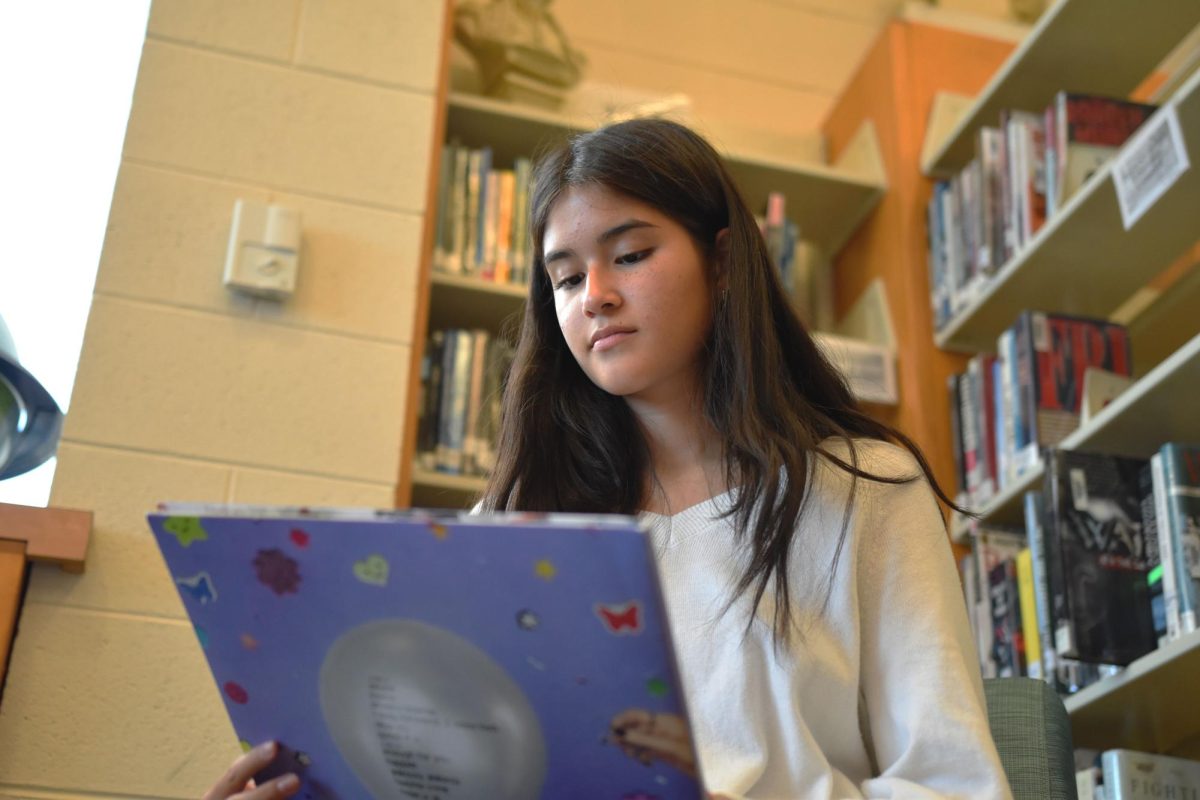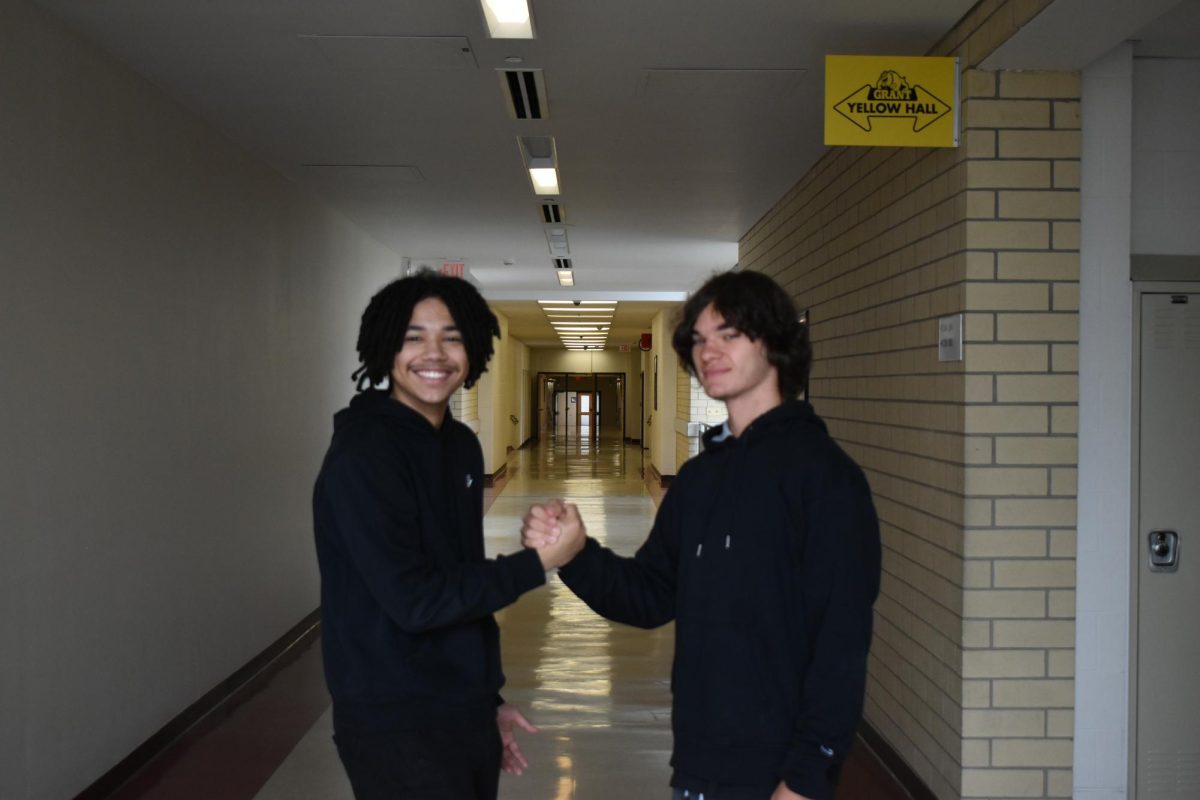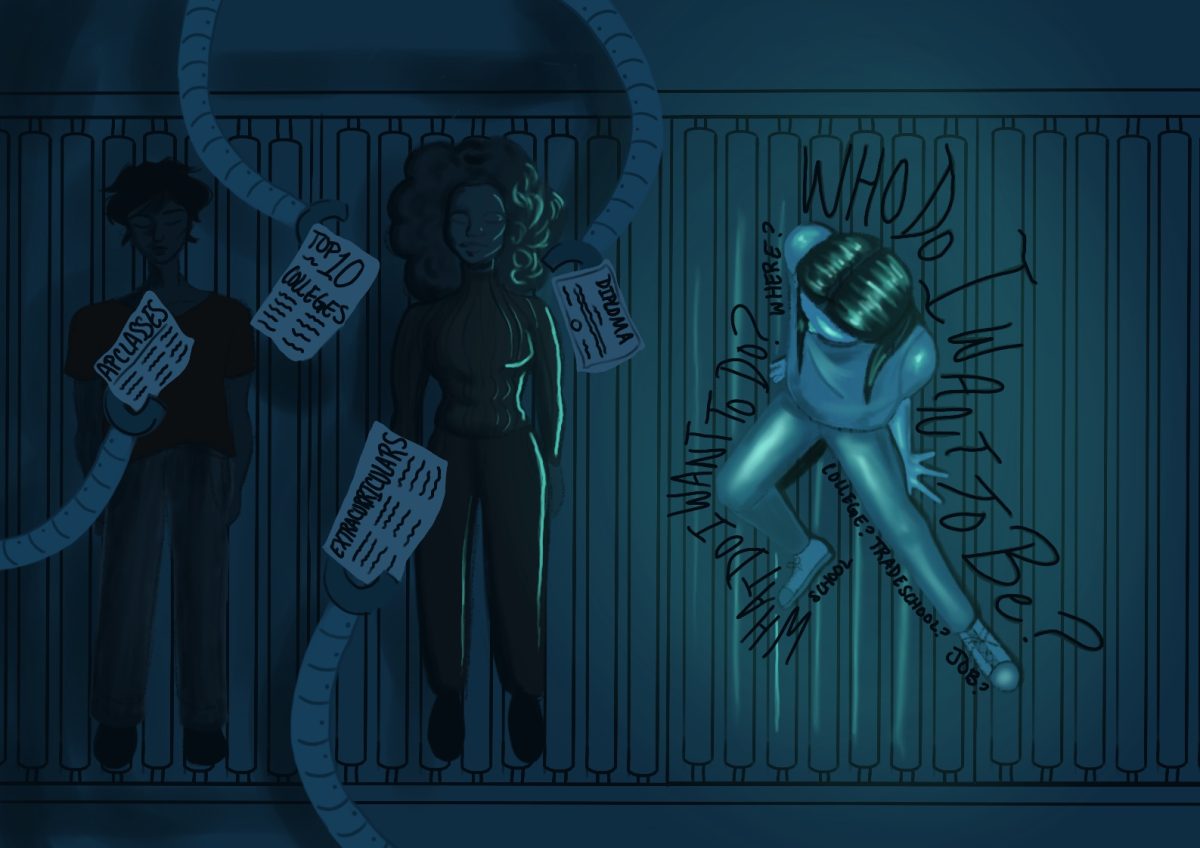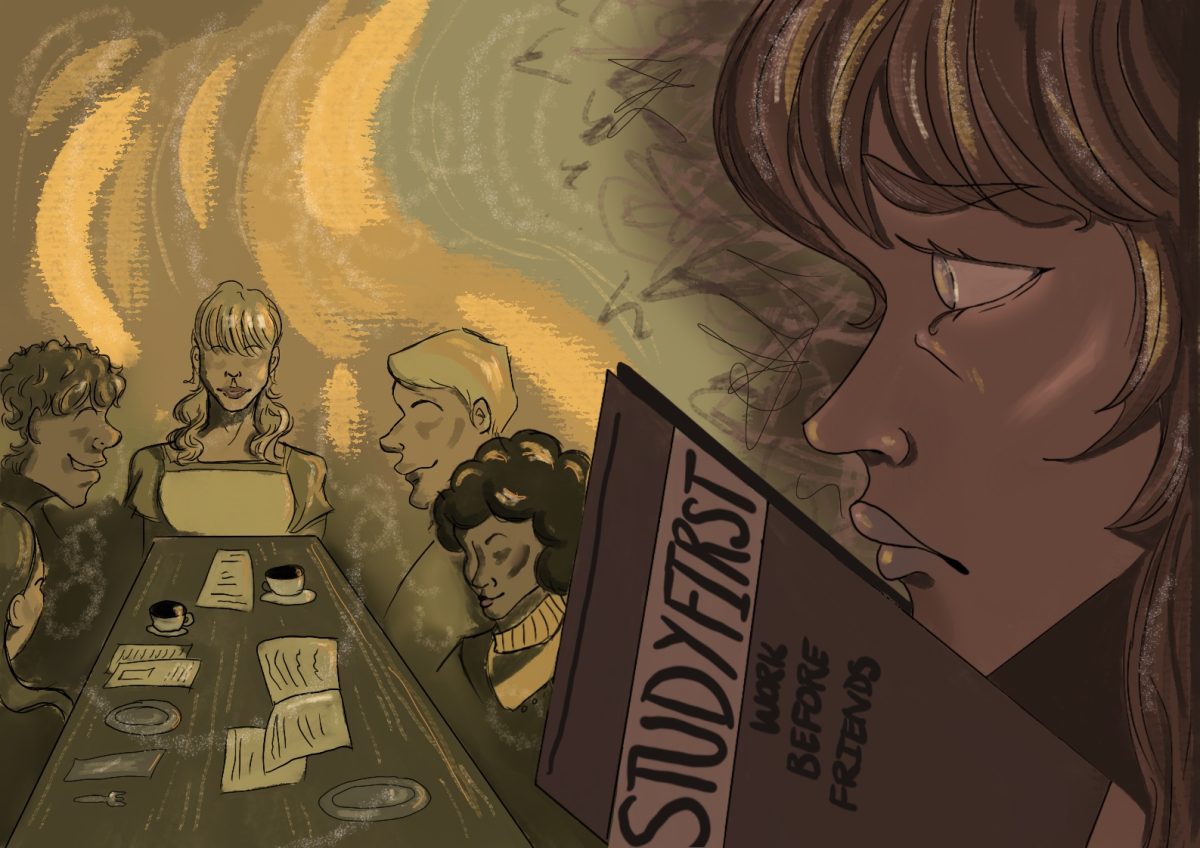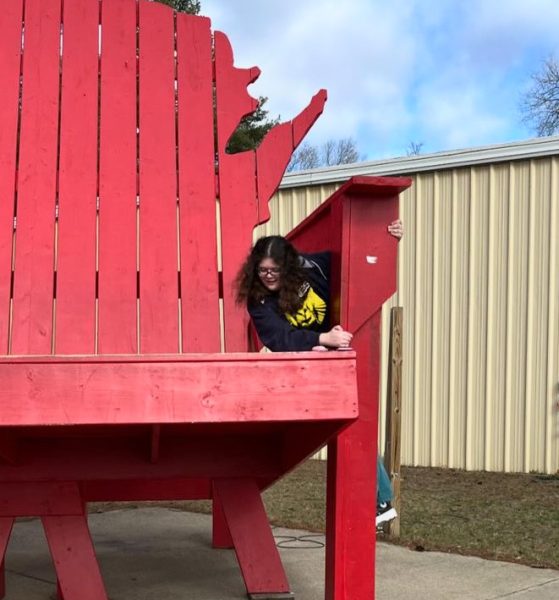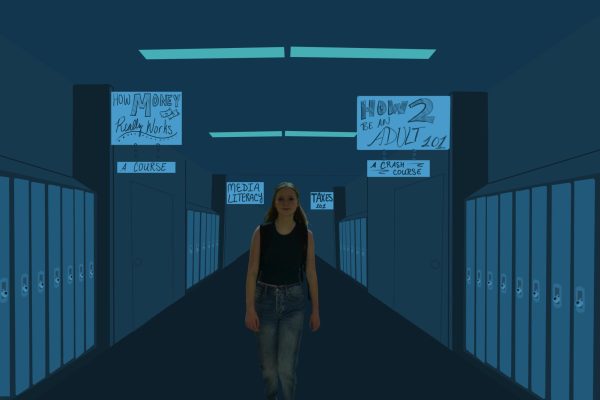
(Photo by Elyanna Torres, Joey Vasco)
The years spent in high school are formative for teenagers. Many opportunities open up to students, allowing them to explore their interests and hobbies. However, a common occurrence for students is to choose what looks good for their future and checks all of the college and career readiness boxes with little exploration. This type of education hinders students from finding something they are truly passionate about.
The world outside of high school is rapidly changing, and many schools are woefully under-prepared to help young adults thrive in such a competitive environment. This is an issue that many high schools struggle with because of the struggles that come with funding more elective classes and needing students to be prepared for standardized tests. However, the focus on standardized tests leaves much to be desired in the eyes of many. Students feel that, often, their required classes aren’t what they should be learning. Bruno Manno from LA School Reports writes, “[high school students] want K-12 to provide them with practical knowledge and skills.” Offering more specialized learning gives individuals control over themselves and their futures. Issuing a heuristic, or hands-on method of education, allows people to learn the practical skills they desire.
Focusing mainly on graduation requirements can be a good thing. Graduating high school is a basic requirement for many opportunities as people age, and gives students an even playing field. However, some students such as recent NHS inductee Vanessa Pendell feel that the graduation requirements do not prepare students well enough. “I think they’re preparing us to graduate and to make it to college. I don’t know how much they’re preparing us for after,” Vanessa explains. “I wish we had more classes that focus on stuff that would help in the future.”
Instead of focusing on college and career readiness, schools need to incorporate more life skills into their core curriculum. Some examples include but are not limited to, how to file taxes, effective communication, project management, and conflict resolution. As students, we need to continue to take control of our learning environment and begin to ask for preparatory courses to become functioning members of our society.
Students often benefit from education based around their own agency, and incorporating better introductory courses known as career pathways would be a step in the right direction. These concepts should be introduced sooner rather than later, especially with one in five of college graduates reporting that they did not learn skills that employers are seeking according to Harvard Business Review.
The principal’s advisory council gives students a voice, and it has implemented environmental changes to Grant such as Red Zone. The opportunity to have a personal touch in school matters is a starting The emerging Career Pathways has the capabilities of helping students find connections to futures they are truly passionate about. As students, we need to continue to push for more real-world skills, elective options, and project-based learning to be incorporated into the curriculum.
As a generation, we have created a new standard for everyday life with innovations like AI and it’s about time we take our lives into our own hands, starting with our education.




